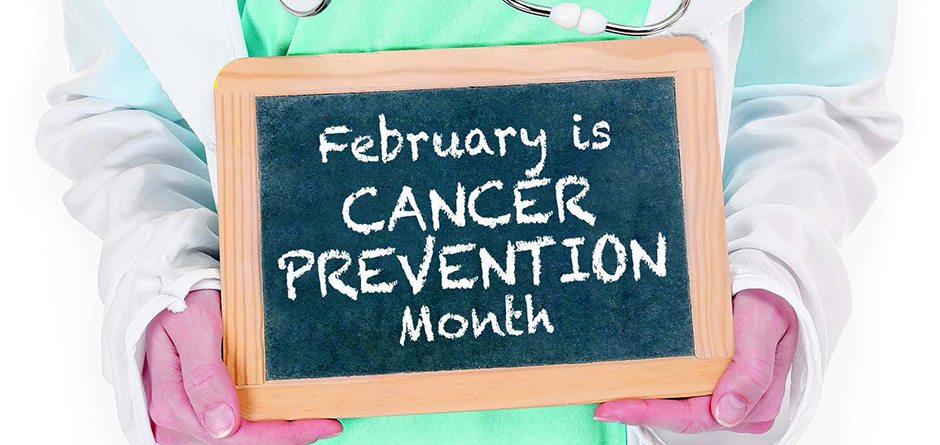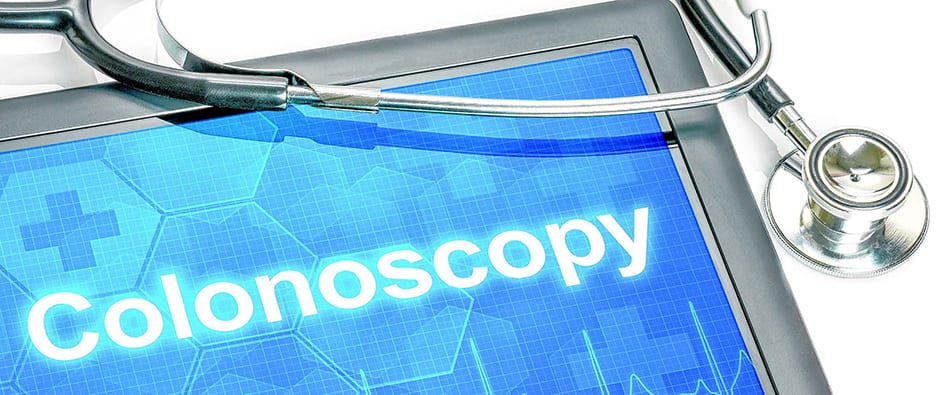
[This story was written by Anne Lawton, RN, a Butt Stops Here facilitator and cancer community outreach nurse, St. Peter’s Health Partners.]
February is National Cancer Prevention Month. The American Cancer Society estimates that 117,910 people in New York state will be dianosed with cancer in 2020.
Tobacco use is the most common preventable cause of cancer diagnosis and death. If you use tobacco, it is never too late to stop. Help can be accessed many ways: through your primary care physician; by calling the NYS Quitline at 1-NY-QUITS (697-8487); or by calling the St. Peter’s Cancer Line at 518-525-1827.
Eating five servings of fruits and vegetables a day is an important cancer prevention activity. Choosing healthy foods and maintaining a healthy weight are vital in cancer prevention, because obesity plays a role in breast, ovarian, endometrial, colon, and prostate cancer.
Alcohol use in moderation is another cancer prevention action. Two or more alcoholic drinks a day can increase cancer risk in men and just one drink a day increases the risk in women.
The HPV infection causes a large percentage of cervical, anal, oropharyngeal, vaginal, vulvar, and penile cancers. Providing children with cancer protection starts with making sure they receive the HPV vaccine, which is recommended by all major medical professions including the American Society of Clinical Oncology, the Centers for Disease Control and Prevention, the American Cancer Society, and the American Academy of Pediatrics.
Screening guidelines for cancer can vary based on your individualized risk factors and should be reviewed annually with your primary care physician. For the average person, recommended cancer screening guidelines include:
- Yearly mammography for women starting at age forty and continuing annually.
- Prostate screenings through a PSA blood test or digital rectal exam should be discussed with your physician and start no later than age 50.
- A complete skin exam should be completed yearly by your primary care physician or by a dermatologist.
- A colonoscopy is a screening tool for colon cancer, recommended for everyone starting at age 50.
- For the average woman, pap smears should start at age 21 and be repeated every three years.
- A low-dose CT scan is recommended yearly starting at age 55 for past and present smokers. If you smoked two packs a day for 15 years or a pack a day for 30, you should get screened.
- Oral cancer screening should be part of your general dental cleaning, recommended twice a year, and you should follow guidelines from your dentist.
Remember, early detection of cancer increases the survival rate and the possibility of a cure. Make prevention and screening a priority in your life!
If you have questions, please call St. Peter’s Hospital Cancer Line at (518) 525-1827 or visit us at http://www.sphp.com/cancer-care.





